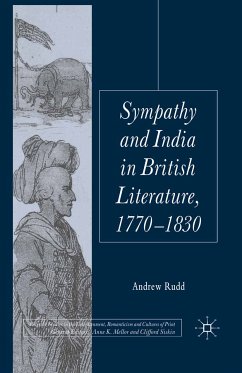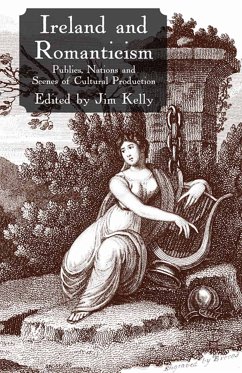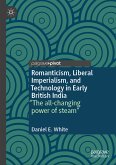Dieser Download kann aus rechtlichen Gründen nur mit Rechnungsadresse in A, B, BG, CY, CZ, D, DK, EW, E, FIN, F, GR, HR, H, IRL, I, LT, L, LR, M, NL, PL, P, R, S, SLO, SK ausgeliefert werden.
'Andrew Rudd illuminates the nexus of sympathy connecting Romantic Britain to itsnewly-acquired empire in India, from the era of Hastings and Jones to Southey and Moore. This study of colonial affect will be essential reading for all scholars of Romantic orientalism.' - Professor Nigel Leask, Regius Professor of English Language and Literature, University of Glasgow, UK
'In Sympathy and India in British Literature, Andrew Rudd offers a finely chiseled analysis of the challenges that geographically and culturally remote India posed to British imaginative sympathy and traces the shifts in the object of sympathy between the cosmopolitan spirit of the late eighteenth century and the gothic imagery of the nineteenth. Close and insightful readings of texts from Edmund Burke and Sir William Jones to James Mill and Thomas Moore are set in a broad context that productively and convincingly brings into play an array of factors from aesthetics to colonial policy to the demands of the book market. An enlightening and rewarding read.' - Rosane Rocher, Professor Emerita of South Asia Studies, University of Pennsylvania









